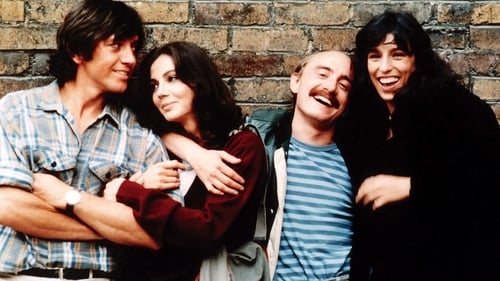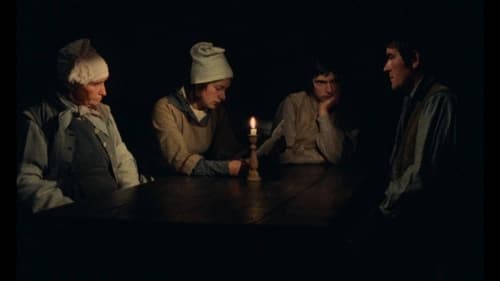
Patrice's father was murdered in 1978. Time has done nothing to erase the pain, the anger, the questions and the regrets caused by the tragedy. Twelve years later, Patrice enrolls his son with him on a search about his past and his roots.

Director
Patrice's father was murdered in 1978. Time has done nothing to erase the pain, the anger, the questions and the regrets caused by the tragedy. Twelve years later, Patrice enrolls his son with him on a search about his past and his roots.

Sound
Not just another documentary on the French resistance movement, this film focuses on one particular group of underground fighters in France: those from Eastern Europe. Many were Jews and all had fled their native countries before the war broke out. They were among the most staunch and fearless enemies of fascism, as shown here in personal interviews and memoirs of war-time experiences. But the most famous of these immigrants were 23 who were rounded up among several hundred Parisians in 1943, tried for their activities, and executed -- all were immigrants under the leadership of the Armenian poet Manouchian. After their execution, Paris was papered with posters decrying these 23 martyrs as "foreign communists."

Boom Operator
Guy is fired from is job, and asks to stay with his friend and his girlfriend in their apartment. The longer he stays, the more disaster he creates.

Sound Assistant
Based on documents compiled by leading French philosopher Michel Foucault, this unique and original film charts the gruesome events which took place in a Normandy village in 1835, when a young man, Pierre Rivière, murdered his mother, sister and brother before fleeing to the countryside. With a cast made up of real-life villagers from the area where the events took place, the detailed re-enactments and careful attention to the gestures of their ancestors serve to create an intense and sometimes disturbing atmosphere of hyper-realism. Details of the crime and of the trial that followed are told from varied perspectives, including the written confession of Pierre himself, and form a rich and complex narrative that interrogates the concepts of “truth” and “history”.




